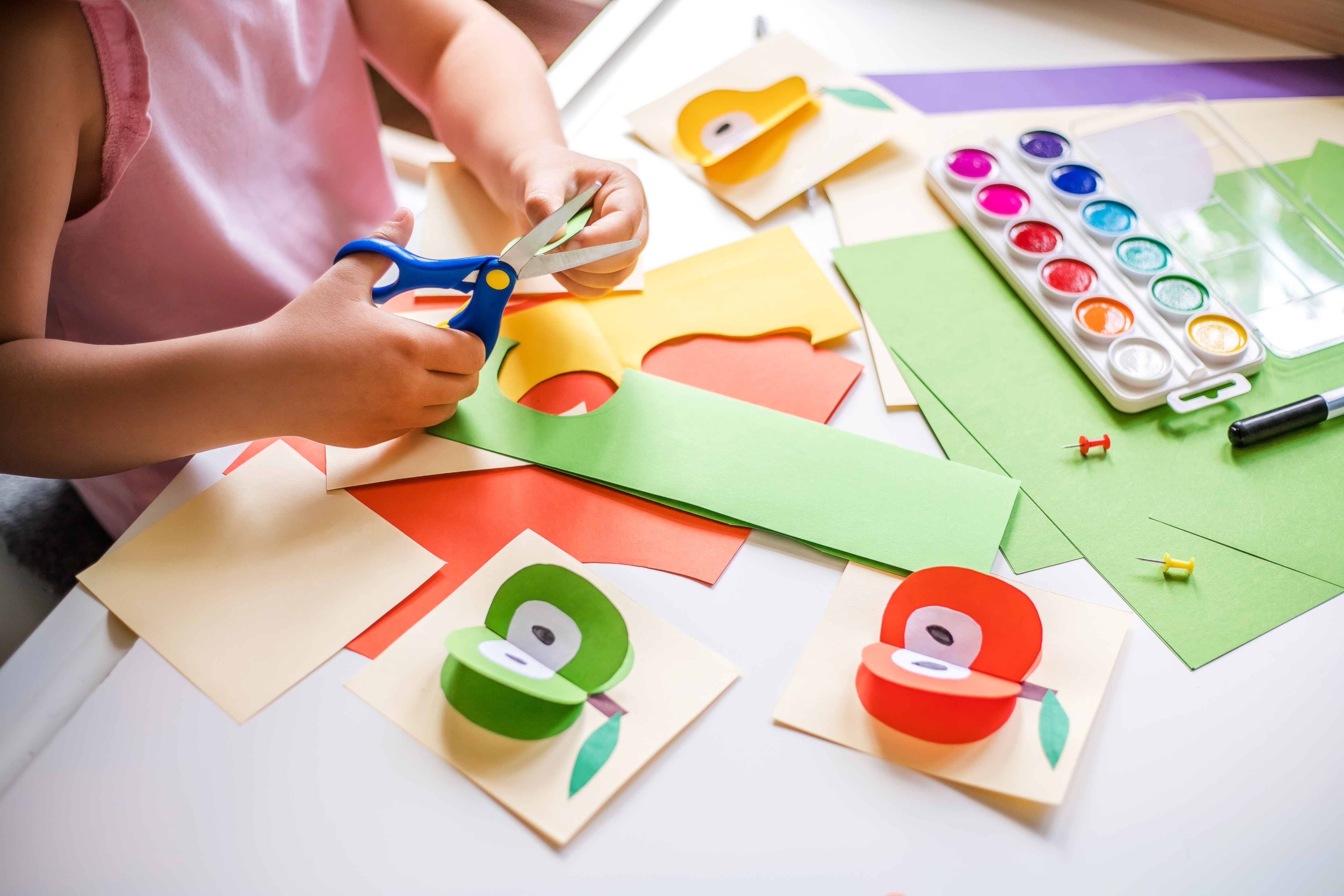While it’s not a luxury for everyone, with more and more of us working from home, delaying daycare is an increasingly common consideration. It’s not one I ever thought I’d consider until I toured a few daycares because as anyone who has tried to work with a child at home knows, it takes 10x as long to get anything done. Looking at the daycares in my area, however, it immediately became obvious why children are always getting sick once they start! Not to mention that the rations were 1:6… 1:5 if I was lucky. How could one care-tacker give attention to six children around the age of one? And the food…oh the food! Don’t even get me started on the food! We’re talking about canned pasta type “healthy meals.”
There are many things to consider when picking a daycare, and it’s often hard to come to terms with the fact that the “perfect” one rarely exists.
“Sending your child to daycare and what age to start is a very personal decision and should depend on what your family’s needs are and what you feel comfortable with,” says Carole Kramer Arsenault, RN, author of Newborn 101 and founder of Boston Baby Nurse & Nanny. “Most daycare programs begin accepting children at the age of six weeks, however, many experts agree that waiting a bit longer provides an opportunity for parent and child to further bond and get accustomed to their new family life.”
In a perfect world, Dr. Bethany Cook, a clinical psychologist, health service psychologist and board certified music therapist says that she believes young children can get all their needs met at home and don’t necessarily need daycare prior to kindergarten.
“Maybe a year before starting kindergarten, enroll your child in daycare 2-3 days a week for a couple of hours,” says Dr. Cook. “This will help them get used to being away from home, expose them to a more structured environment and to start working on developing and practicing social skills.”
Prior to age 5 children go through several developmental phases with regards to peers.
“Children aged 2-3 engage in parallel play,” says Dr. Cook. “This means your child plays in their own world while a peer may be playing right next to them, but the two aren’t interacting together. Associate play happens from age 3-4ish and this is when a child starts to interact with others during play, but not for extended periods of time. Around age 4+ children begin to engage in cooperative play with one another and so playdates become more important to help develop peer social skills.”
That being said, according to Dr. Cook, young children learn positive, proactive social behavior from interacting with older children (or adults) who can model appropriate responses/behaviors, rather than fighting with a peer for a preferred toy. It’s important to remember that children under the age of 5 are learning about themselves, their bodies, how to name and control emotions and impulses etc. It’s easier for young children to practice new life skills in a place that is safe, loving, supportive and potentially has fewer distractions than a daycare
Kramer Arsenault goes on to highlight that waiting can also allow the child to settle into a routine with sleeping patterns and feeding schedules. She does underline, however, that babies start to develop a sense of ‘stranger anxiety’ around nine months of age, so if you’re going the daycare route it is best to start the transition before this time. 
Image: Getty
If leaving your child for nine hours before they are verbal gives you anxiety (it did for me) or if, also like me, you are worried about the teacher/child ratios, a nanny or nanny share can be a great option.
“Nannies can typically offer longer childcare hours, more flexible schedules and may even be able to offer an extra set of hands around the house for laundry or clean up,” says Kramer Arsenault. “If opting for the nanny route, an added bonus is that childcare can start in as little as a few weeks.
As for behavioral and developmental issues when it comes to daycare versus children spending their days in at-home settings, the actual research findings are mixed and you can find studies that show benefits on both sides, so feel confident with whatever choice you are making knowing it is the best for your family.








